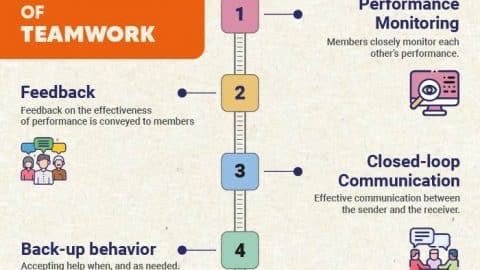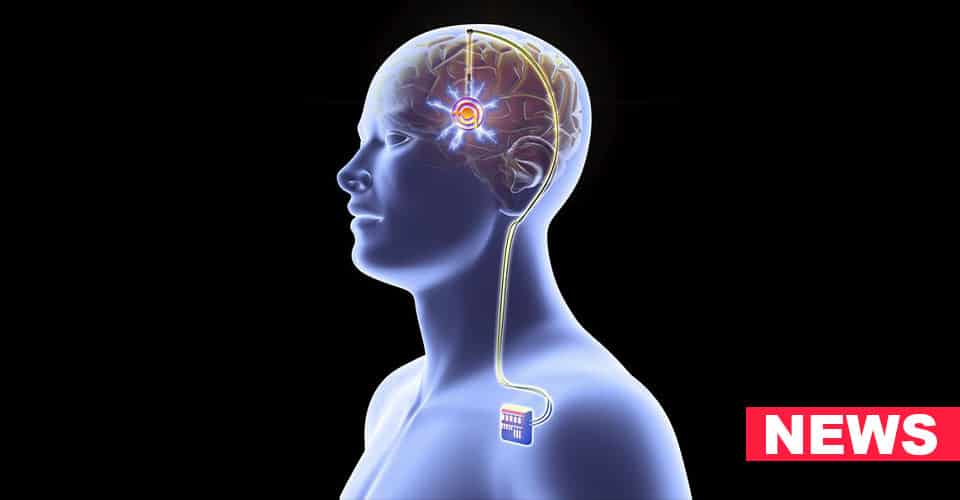A significant number of mental health practitioners are grappling with a lack of preparedness to address the psychological challenges arising from climate change, as indicated by a recent study published in The Journal of Humanistic Counseling.
As climate experts anticipate a surge in mental health struggles stemming from the consequences of climate change such as severe fires, floods, droughts, and displacements, researchers are shedding light on the extent to which counselors are equipped to navigate these issues.
Study To Understand The Situation Of Mental Health Practitioners
The study, led by Ryan F. Reese, Ph.D, a counseling educator from Oregon State University-Cascades, aimed to ascertain counselors’ readiness and commitment to tackling climate change concerns within their therapeutic practices.
Collaborators on the study included Jaqueline M. Swank, Ph.D., from the University of Missouri, and Debbie C. Sturm, Ph.D., from James Madison University.
The research team surveyed 382 licensed mental health care providers across various disciplines, encompassing psychologists, school counselors, and social workers from different parts of the United States.
Strikingly, only a mere 5% of the surveyed professionals reported having received training to address climate change-related matters with their clients. Furthermore, only 9% stated that they possessed educational resources to aid clients in coping with issues tied to climate change.
Alarmingly, close to 46% expressed feelings of unpreparedness to effectively handle climate change-related concerns within their counseling practices.
The study’s findings also uncovered an intriguing connection between counselors’ personal engagement with climate change mitigation efforts and their readiness to provide climate change counseling.
Those actively involved in initiatives aimed at combating climate change and those who felt a strong connection to their community and nature were more inclined to perceive climate change counseling as a professional obligation.
These counselors exhibited a stronger commitment to incorporating climate change considerations into their therapeutic work.
The ramifications of climate change on mental health are becoming increasingly evident as extreme weather events and environmental upheavals become more frequent and severe.
The study underscores the urgency of addressing this critical intersection between mental health and climate change and the need for proper training and resources for mental health professionals.
Climate change poses complex challenges that extend beyond environmental and physical impacts.
The emotional toll of witnessing and experiencing climate-related disasters, along with the broader existential concerns associated with environmental degradation, can lead to psychological distress, grief, and feelings of hopelessness.
As such, mental health professionals play a crucial role in providing support and guidance to individuals and communities struggling with these issues.
In response to the study’s findings, experts and organizations are advocating for increased training, resources, and awareness within the mental health community regarding climate change-related challenges.
Efforts are being made to bridge the gap between the environmental and mental health sectors, recognizing that addressing climate change’s emotional toll is integral to building resilience and facilitating coping strategies for affected individuals.
In conclusion, the study underscores the pressing need for mental health practitioners to be better equipped to address the psychological implications of climate change.
By acknowledging the intersection of climate change and mental health and providing appropriate training and resources, the mental health community can play a pivotal role in helping individuals navigate the emotional complexities of an increasingly uncertain climate future.


























